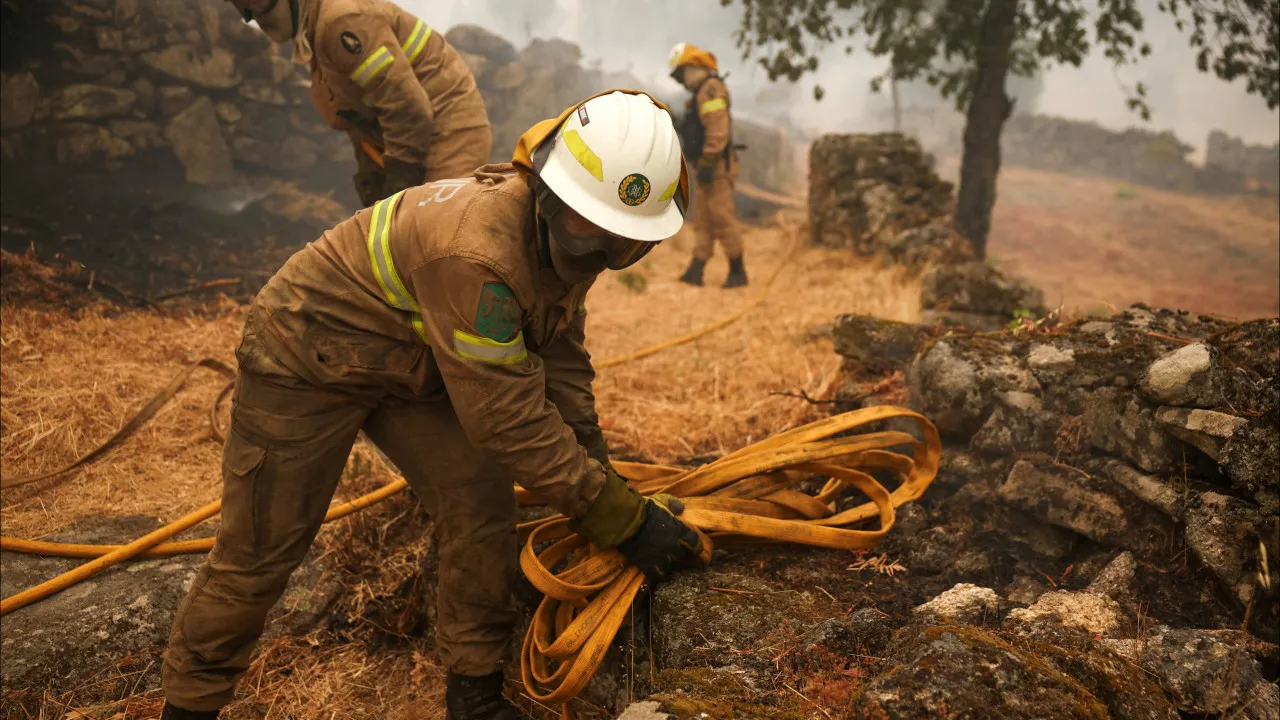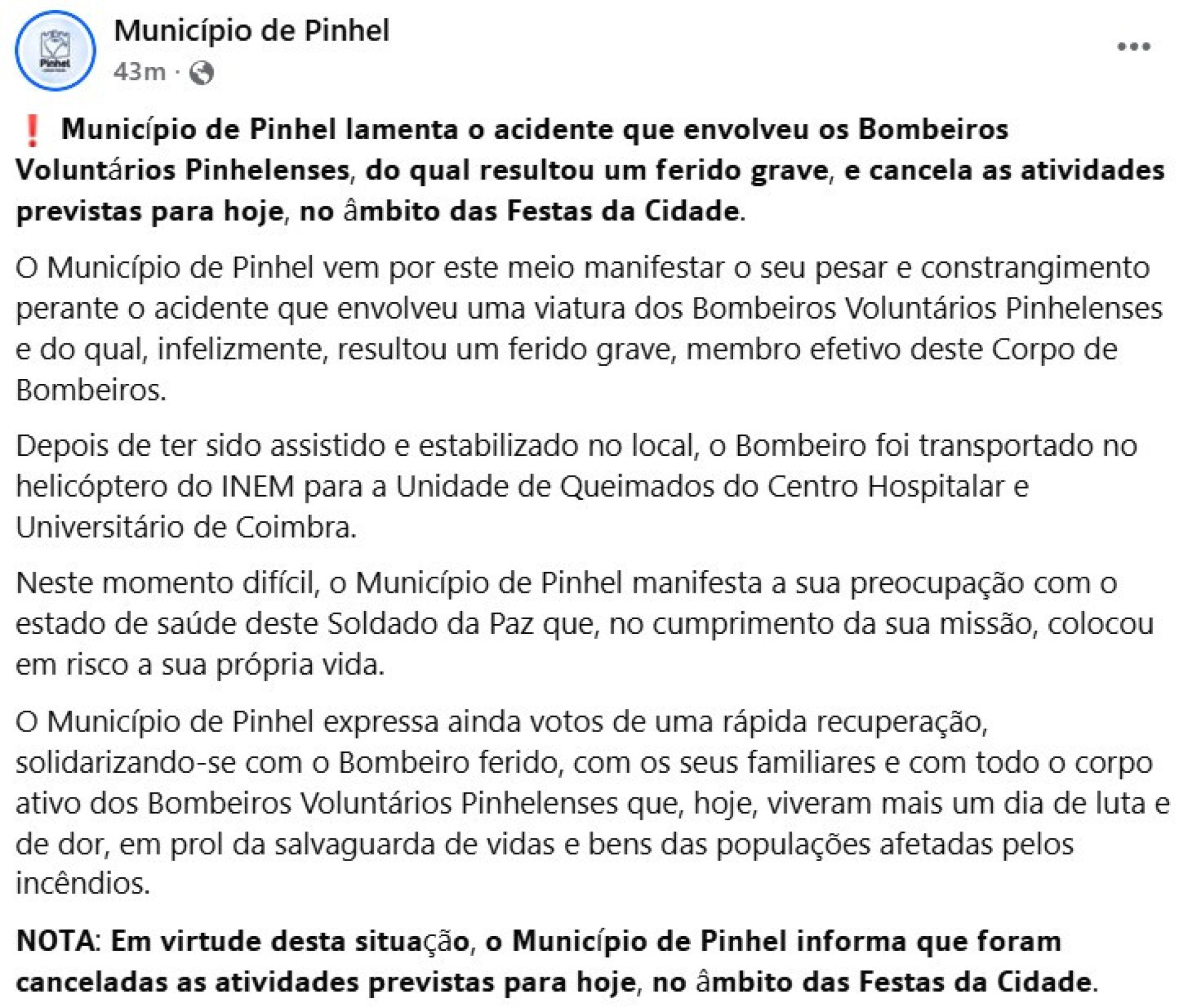
Recently, the INEM’s Psychological Support and Crisis Intervention Center (CAPIC) has provided psychological assistance to 33 individuals, including 30 civilians and three firefighters, in Sernancelhe, Covilhã, Mirandela, and Oliveira do Hospital, INEM data shows.
“These numbers might not seem to reflect what the country is currently experiencing, do they? But this is indeed the record we have,” stated Sónia Cunha, the lead psychologist at CAPIC, noting that some telephone support cases are not included in these figures.
The activation of the Psychological Support and Crisis Intervention Units (UMIPE) for fire scenarios is either through a 112 call prompting a decision to mobilize psychological support units or at the discretion of operational command posts on the ground.
This year, three firefighters have required psychological support: two in Covilhã, where a road accident involving a firefighting vehicle resulted in the death of one firefighter and seriously injured another, and one in Mirandela, where a man operating a track machine in fire combat died.
“We often engage at an initial stage with these individuals, assessing their functional capacity to determine support or suggest breaks or withdrawal from such contexts,” the psychologist explained, adding that they also conduct behavioral education for risk prevention.
In the Covilhã accident, INEM teams focused on family support, while the National Emergency and Civil Protection Authority’s Psychosocial Support Teams (EAP) assisted the firefighting unit.
“In these situations, there’s always an increase in vulnerability. People become more exposed as they lose control over their lives and surroundings, leading to despair and greater anguish. This vulnerability and loss of control is pervasive in fire contexts,” Sónia Cunha remarked.
Psychologists’ interventions in fire environments can be life-saving, particularly when persuading firefighters and civilians to evacuate areas threatened by flames. Firefighters often resist due to the “commitment feeling” core to their mission, with psychologists aiding in rationalizing emotional responses.
This year, INEM teams have not yet been called to assist authorities in civilian evacuations.
“There has been no intervention at this level this year, but yes, there are instances where we handle more complex or prolonged cases where resistance may place both individuals and rescuers at risk,” explained the CAPIC lead.
INEM emphasizes that CAPIC’s intervention “is crucial for regulating feelings of distress, fear, and anxiety, among other symptoms, to promote active adaptation strategies in crisis situations, minimize negative impacts, restore functional levels, and prevent psychological symptom exacerbation.”
Hence, Sónia Cunha finds it challenging to understand why this year these crisis-trained specialists are less in demand.
“We’ve observed that requests for our teams’ field interventions haven’t been as frequent this year. It’s a clear observation despite the crucial need for emergency psychologists’ presence in affected communities alongside other teams,” she said.
“Our units remain available 24/7, yet we haven’t received requests,” she added.
On the reasons behind the reduced demand, the psychologist could only speculate, suggesting potential new directives or municipalities utilizing local resources.
INEM is currently coordinating with the Psychologists’ Association to enhance psychological assistance for populations affected by fires, exploring solutions ensuring continuity of support given crisis teams’ immediate yet brief intervention focus.




